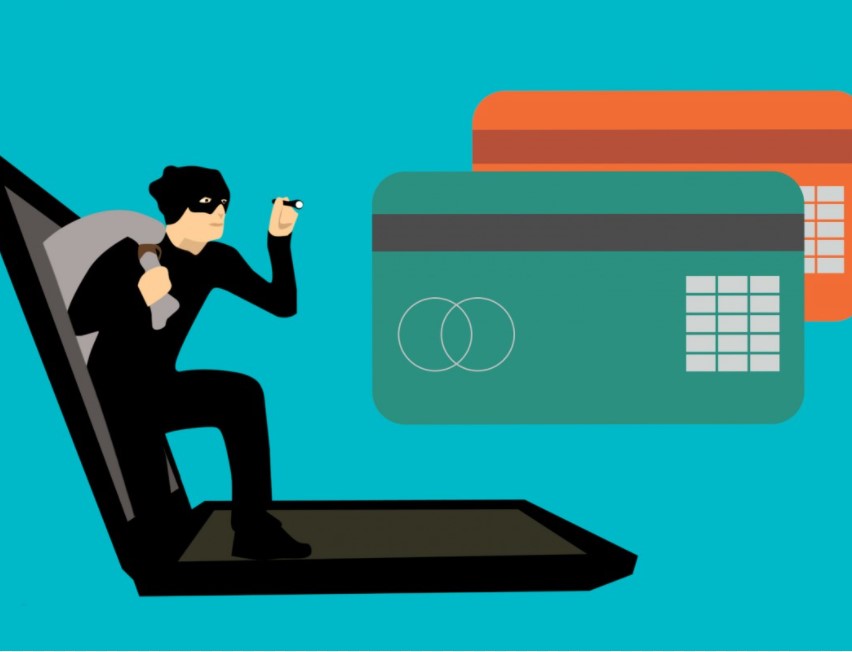
How to protect yourself from cybercrime in online education
The global pandemic has turned upside down part of the otherwise so entrenched everyday life of many people. The demand for distance and homework in particular caused online meetings and online teaching to increase significantly. Now that the world has begun to return to normal, however, it is seen that many schools, institutes and workplaces are sticking to some of the online activity. It has proven to work well, but there is a small snag lurking in the new development: cybercrime. Because with increased online activity, you naturally create greater risks of falling into a cybercrime trap on the web. However, there are a handful of good tips you can follow to protect your online privacy.
Create proactive safety measures
The direct path to increased online security is simply by making a proactive choice of either antivirus programs or an online VPN connection. The latter not only creates increased online privacy, as the user is assigned a foreign IP address so that the websites visited can no longer track one's geographical location. A VPN also encrypts that user's data so that no one can sneak in or steal the sometimes personally sensitive data that is shared.
Never reply to suspicious emails
An increasing online security problem is the so-called Phishing phenomenon. These are cunning emails designed by cybercriminals for the purpose of enticing users to either reply to them or click on a link in those emails. These phishing emails are now so sophisticated in their design that they are confusingly similar to official emails from either your bank, the municipality, NemID, the Danish Tax Agency, PostNord or other similar bodies.
It can be difficult to spot the scam, but beware of some skepticism when unexpected emails arrive from agencies you have not been in contact with. Also check the actual email address from the sender. This can be done by clicking on the sender email, which shows the real email address 'behind' the fake email address.
Avoid public Wi-Fi networks on the go
The nice thing about homework or online teaching is that you can also often take your laptop out into the open and carry out your studies and work from a café or at the city library. But just as cozy this scenario may seem, just as bleak appear the various cyber threats that can lurk on a public Wi-Fi network. Many public hotspots do not have a password, which means they are freely accessible to everyone. But also for hackers. Accessing a public network without a password is almost like inviting a potential hacker inside. So avoid logging on to these networks unless, for example, you use an online VPN .
Stay away from unknown websites
Procrastination is almost a discipline in itself when one has studied a little too long and a little too much. There are therefore periods when you just want a little distraction from the studies via a little online fun in the form of games or other entertainment. The web abounds with entertainment offerings that are quite innocent, but in the same breath there are just as many malicious traps in cyberpace entertainment. So stay away from more or less unknown websites, and never download anything from a website you are not aware of in advance. In this connection, you should also refrain from clicking on unknown links, as viruses and malware can be hidden here .
Beware of unofficial apps and programs
Destructive viruses and malware can also hide in apps and programs that you download to your device. It can be dictionaries or other unofficial teaching tools that you download from a more or less unofficial source. Here one should also tread very carefully as such apps and programs can be decidedly minefields. So make sure you stick to apps and apps that you know about or that come from official sources.
Increased awareness of cyber threats is a good step forwardg; the road
In addition to the pitfalls mentioned in this article as well as the security measures that can be taken, increased information and awareness are good safeguards against cybercrime. The more you know about the phenomena, the more careful and attentive you become in your online journey. And the more attentive you are, the better you will be at spotting the dangers in time. After all, it is not just one's online education that is spoiled if the accident is out. Being hit by cybercrime can have far-reaching consequences, both financially and personally, as the computer has just become both our education portal and bank as well as social online residence. And that must be cherished.
